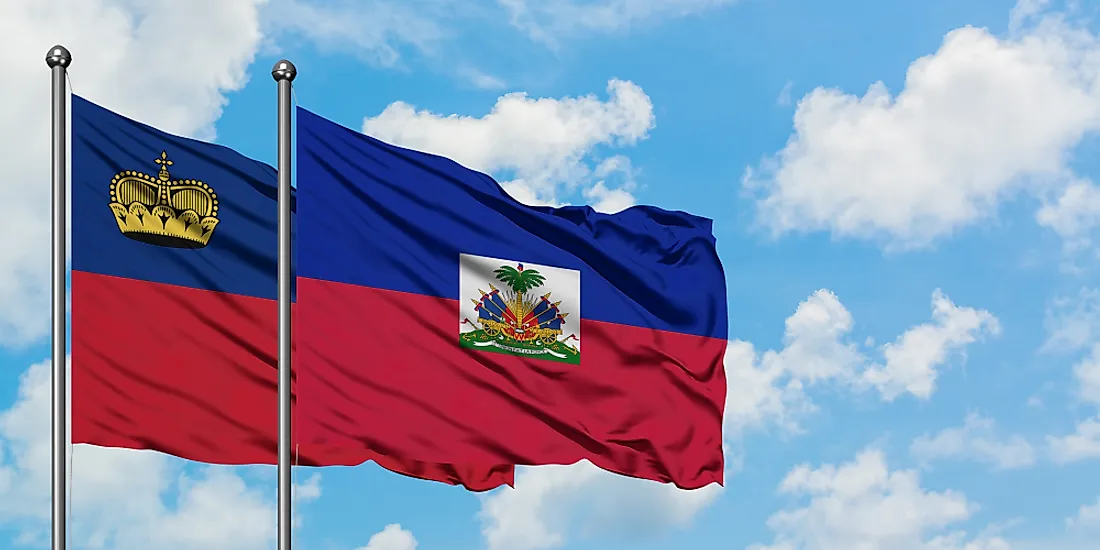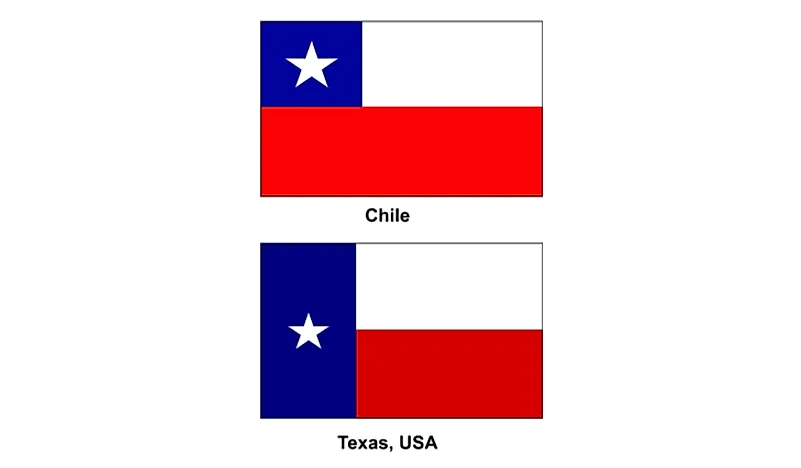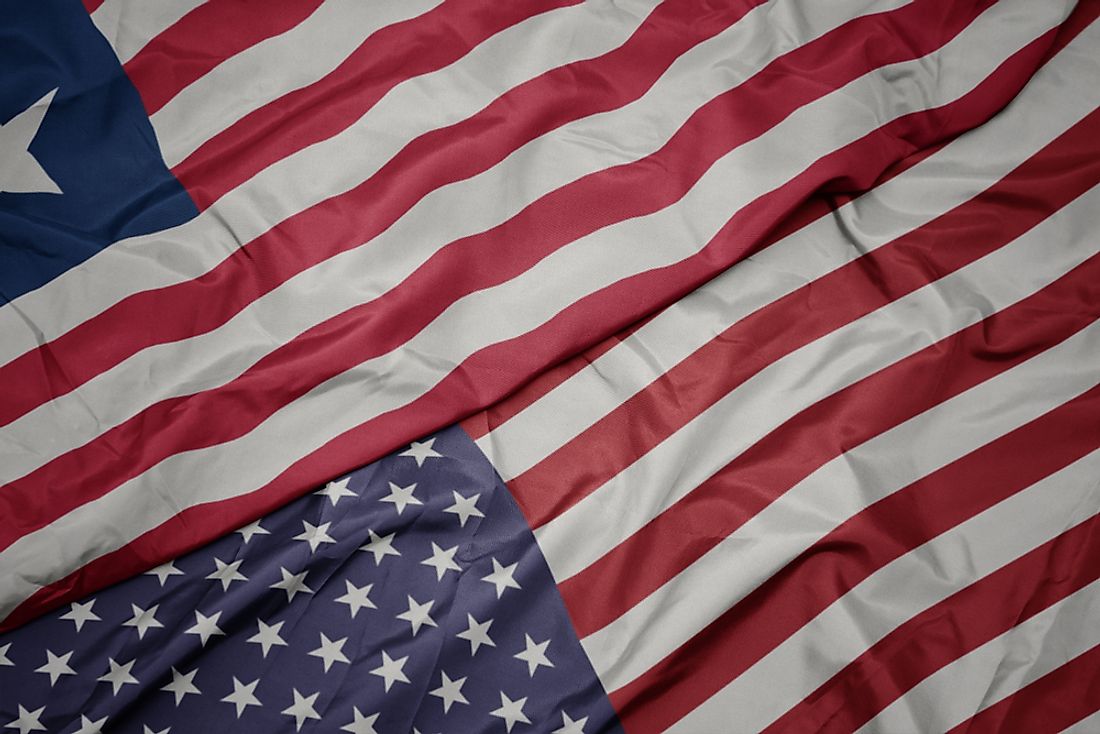The Bahamas is a constitutional democracy whose head of state is the Queen of the United Kingdom, Queen Elizabeth II. The queen’s representative in the country’s government is the governor-general who is appointed on the cabinet’s advice. The legal and political traditions of the Bahamas follow closely those found in the UK as well as the Westminster system. The country is a member of the Commonwealth of Nations in the Commonwealth realm.
The Parliamentary Registration Department is responsible for running the country’s elections which take place in a parliamentary democracy’s framework. A parliamentary commissioner is the head of the Parliamentary Registration Department. In the Bahamian national elections, voter turnout has been generally high since independence. The commissioner who is responsible for voter registration is chosen by the governor-general. The country had a low voter turnout of 87.9% in 1987 but the participation numbers grew, resulting in a 98.5% turnout in 1997. The country also has an Electoral Broadcasting Council whose responsibilities entail making sure that media report is not biased towards any party.
The parliament currently sits at the national capital which is based in Nassau. The official residency of the Bahamian governor-general is known as Government House and is located in Nassau. The residence was completed in 1806 and is built atop Mount Fitzwilliam. There is no official residence of the prime minister, but the government has plans of building one within the city of Nassau.
Major political parties of the Bahamas include the Democratic National Alliance, the Landslide National Movement, the Free National Movement, and the Progressive Liberal Party.
This page was last modified on May 1st, 2018
More on Graphicmaps

Published on 2019-11-06
What is a Trade Embargo?

Published on 2019-11-04
Which Two Countries Used to Have the Same Flag?

Published on 2019-09-16
What Is the Only Two-Sided State Flag?

Published on 2019-09-16
Which Country Flag Looks Like the Texas Flag?

Published on 2019-08-29
Flags That Resemble the US Flag

Published on 2019-08-20
